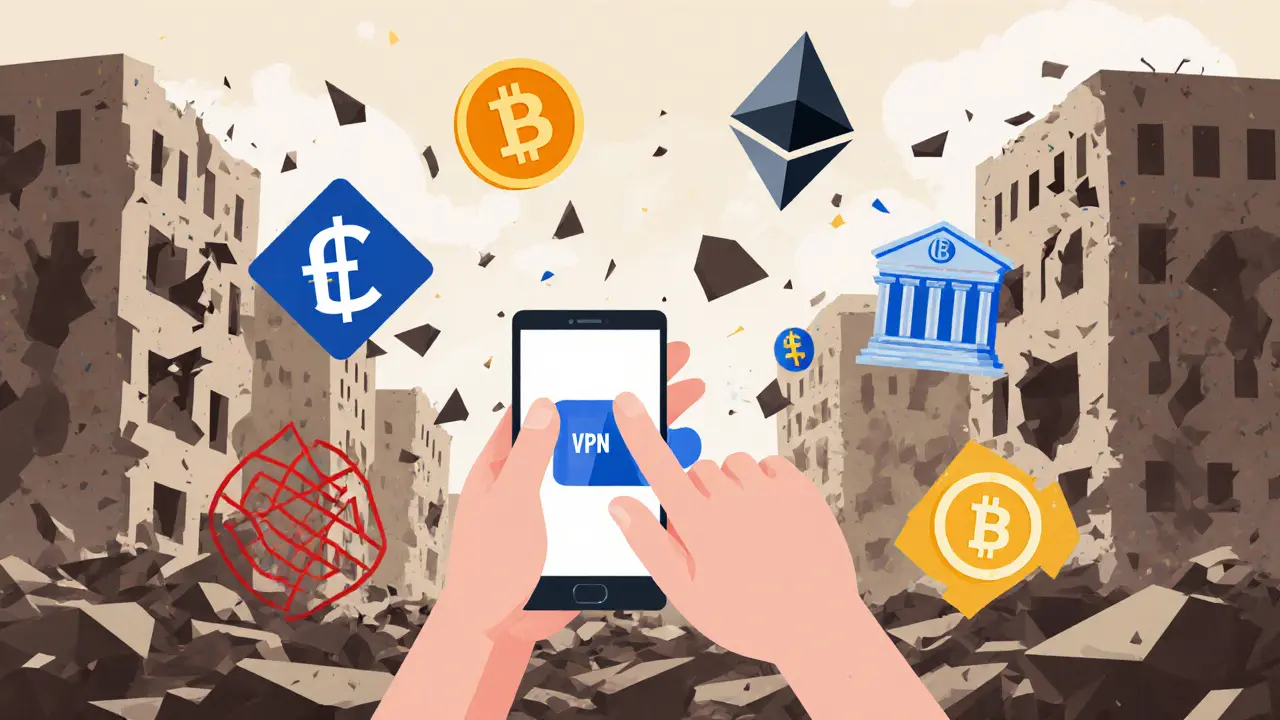Bitcoin: What It Is, How It Works, and Why It Still Matters
When people talk about Bitcoin, the first decentralized digital currency created in 2009 by an anonymous person or group using the name Satoshi Nakamoto. Also known as BTC, it digital currency, it doesn’t need banks, governments, or middlemen to move value around the world. Unlike regular money printed by central banks, Bitcoin has a fixed supply of 21 million coins, and new ones are created through a process called crypto mining, the competitive process of validating transactions and securing the Bitcoin network using powerful computers. This mining isn’t just technical—it’s economic. The cost of electricity and hardware needed to mine Bitcoin is so high that it’s cheaper to buy Bitcoin than to make it, which helps keep the network secure.
Bitcoin runs on a public ledger called the blockchain, a tamper-proof, distributed record of every transaction ever made on the network. Every time someone sends Bitcoin, that transaction gets grouped with others into a block, which is then added to the chain. This system makes it nearly impossible to double-spend or fake transactions. That’s why people trust it—not because they believe in the tech alone, but because the rules are clear, open, and enforced by thousands of computers worldwide. Countries like Sweden and China have cracked down on crypto mining because of its energy use, while others, like South Korea and Taiwan, have built strict rules around exchanges and taxes. Bitcoin doesn’t care about borders, but governments do.
What you’ll find here isn’t hype. It’s real talk about what Bitcoin actually is, how it’s changed over the last 15 years, and why so many people still use it—even when new coins come and go. You’ll see posts that explain how Bitcoin mining affects global energy policies, how its price movements ripple through other crypto markets, and why scams often hide behind its name. You’ll also find clear breakdowns of related tech like BIP39 seed phrases, which are used to recover Bitcoin wallets, and how decentralized storage systems like IPFS and Arweave connect to blockchain projects that build on Bitcoin’s foundation. This isn’t a list of get-rich-quick schemes. It’s a collection of facts, warnings, and lessons from people who’ve seen the highs and lows of this space—and lived to tell the story.
How Citizens in Sanctioned Countries Access Crypto Exchanges
Citizens in sanctioned countries use Bitcoin, Ethereum, and decentralized stablecoins to bypass financial restrictions. Despite OFAC crackdowns, they adapt with DEXs, P2P trading, and wallet rotation to keep access to global finance.
learn more